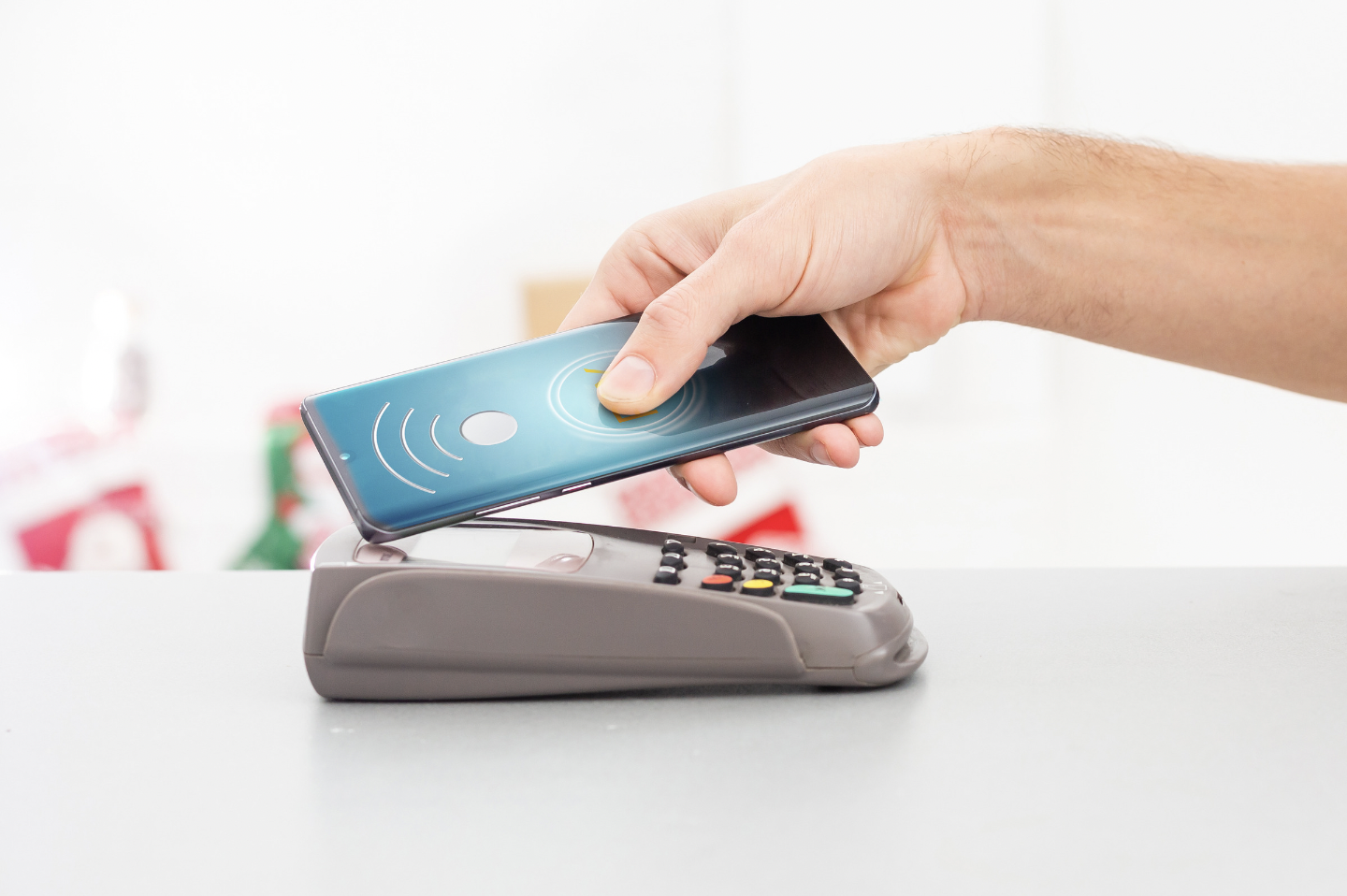In the fast-paced world of events and venues, first impressions matter. The way you onboard new clients sets the tone for their entire experience with you and your business and plays a huge role in determining their satisfaction with your services.
A smooth and efficient onboarding process builds trust and reduces stress during planning stages for both you and your clients, and ultimately ensures successful execution of their event. Even better: it increases the likelihood of generating enthusiastic fans for your business, driving repeat bookings and quality testimonials.
We want to equip event and venue business owners like you with actionable strategies to create a stellar onboarding experience. With the following best practices, you'll transform customers into enthusiastic advocates who rave about your services and keep coming back for more.
- Gather information and set clear expectations
- Personalized communication and education
- Collaboration and streamlined processes
- Building trust and exceeding expectations
Gather information and set clear expectations
Intake/discovery
The more details you can capture upfront, the more personalized your onboarding process can be for your clients. Use a digital contact form, questionnaire, and/or in-person interview to gather crucial details about the client's event goals, budget, timeline, and specific needs and preferences. This information not only lays the groundwork for a successful event, but ensures that your client feels seen and heard from their first point of contact with you.
NOTE: Planning Pod’s customizable online contact forms can be embedded directly on your business’s website and shared on social media profiles, allowing you to collect comprehensive details from your client without having to double-enter their information into an event management system.
Set clear expectations
Remember that transparency is key, and clear is kind. Clearly communicating your event management and execution processes with timelines and key milestones will let your client know exactly what to expect as they work with you. Outlining what your client can expect at each stage fosters trust and minimizes confusion. And, setting those clear expectations will make YOUR job easier because you won’t have to field additional questions about what step comes next, or where you are in the planning process.

Personalized communication and education
Dedicated point of contact
Assign someone on your team (or yourself) as a dedicated point of contact (POC) for each client. That person will become their go-to for questions and concerns, which is a crucial aspect of personalizing their experience with your team and ensuring clear communication.
Educational resources
It’s important to empower your clients by providing access to valuable resources. Depending on the nature of your business and the client’s event, this might include venue guides, seating charts, catering menus, and even tech tutorials. Informed clients are better equipped to participate and collaborate with you actively in the event planning process.
Collaboration and streamlined processes
Embrace technology
You can leverage online portals, event management software, and shared communication platforms not only during client onboarding, but throughout every stage of the event planning process. These tools streamline communication, document sharing, and task management, fostering effective collaboration and keeping everyone on the same page. The powerful technology available these days can help you eliminate the risk of any details falling through the cracks, or any communication getting buried in your email inbox.
NOTE: Planning Pod’s customer relationship management (CRM) tools include a centralized communication inbox and client portal that allow you to collaborate with customers efficiently without details falling through the cracks.
Regular meetings and check-ins
You’ll thank yourself for scheduling regular meetings or check-ins with your client (virtual or in-person) to discuss event progress, address any of their concerns, and ultimately ensure they feel heard and valued. This ongoing dialogue builds trust and allows for course correction if needed. At the end of the day, your client will remember your efforts to make sure they are listened to - it’s what makes great testimonials and return customers. Think of the time spent in these meetings as an important business investment.
Building trust & exceeding expectations
Be proactive
Don't just wait for your client to come to you with questions. Proactive communication from you and your team is crucial! Provide your client with regular updates, anticipate their needs, and offer solutions to problems before real issues arise. This demonstrates your commitment to their event's success, and they get to see that you think ahead - a powerful differentiating factor between you and your competition.
Exceed expectations
Show your client that you’re willing to go the extra mile to create a truly memorable experience for them and their guests. Use the detailed information you captured when they first contacted you to offer creative suggestions, personalize touches, or proactively solve problems. These things are the kind of unexpected delights that can turn satisfied customers into something better: enthusiastic fans.

Other tips for success
Tailor the onboarding process
Not every event (or every client) is created equal. If you can adapt your onboarding experience based on individual booking details (such as the client's event size, complexity, and special requests), you can significantly enhance their satisfaction and streamline the planning process. By offering tiered levels of service or customized onboarding packages, you can cater to diverse client needs, demonstrate your expertise, and increase the likelihood of repeat business.
Feedback and continuous improvement
Feedback is the ultimate gift! Be sure to gather feedback not only after an event is executed, but throughout the onboarding and planning process. You can use this valuable input to continuously refine your onboarding process and customer touchpoints, ensuring that your future clients have an even better experience.
The bottom line
A well-executed onboarding process is the cornerstone of building lasting relationships with your clients in the event industry. By investing time and resources into creating a seamless and personalized onboarding experience, you’re not only setting the stage for successful events but also cultivating a loyal customer base.
Remember, the key to a successful onboarding process is to consistently gather feedback and refine your approach. By continuously improving your onboarding experience, you’ll stay ahead of the competition and ensure that your clients feel valued and supported every step of the way.







